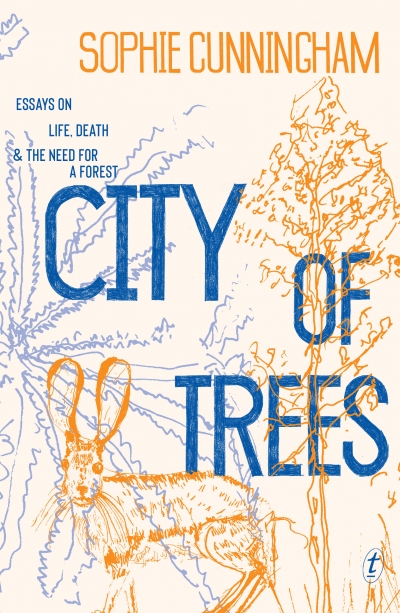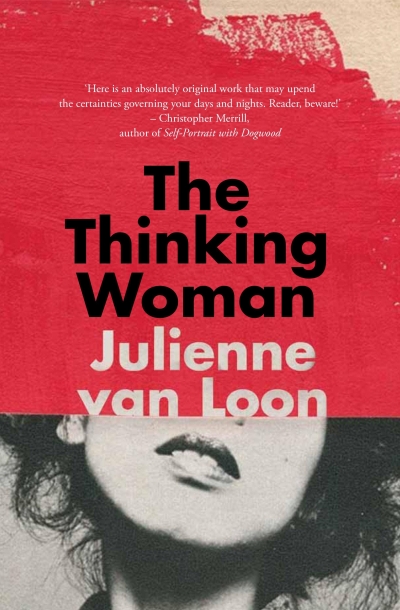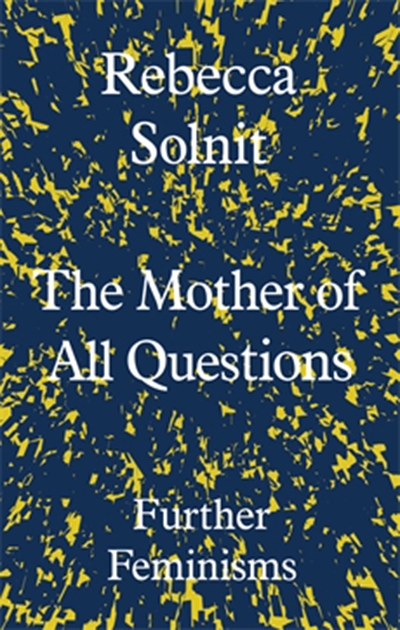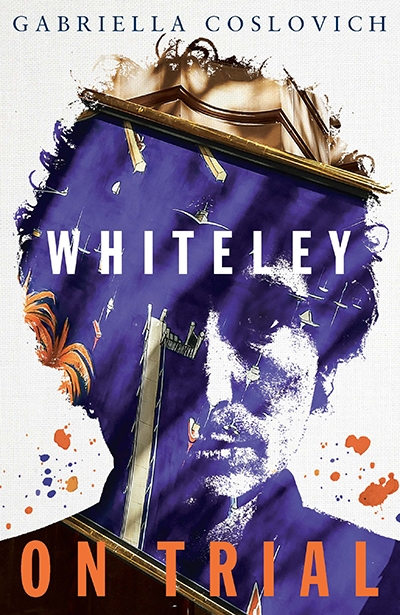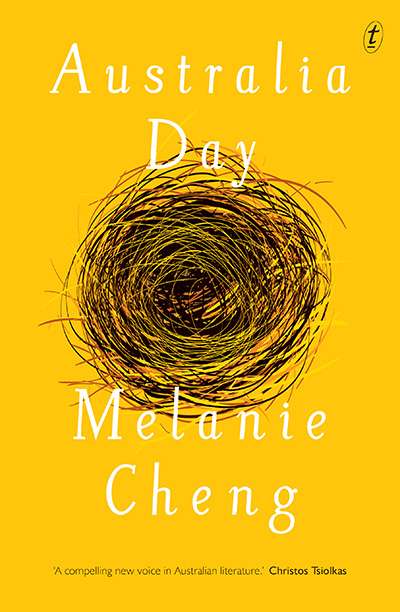Accessibility Tools
- Content scaling 100%
- Font size 100%
- Line height 100%
- Letter spacing 100%
Johanna Leggatt
The ABR Podcast
Released every Thursday, the ABR podcast features our finest reviews, poetry, fiction, interviews, and commentary.
Subscribe via iTunes, Stitcher, Google, or Spotify, or search for ‘The ABR Podcast’ on your favourite podcast app.
‘Where is Nancy?’ Paradoxes in the pursuit of freedom
by Marilyn Lake
This week on The ABR Podcast, Marilyn Lake reviews The Art of Power: My story as America’s first woman Speaker of the House by Nancy Pelosi. The Art of Power, explains Lake, tells how Pelosi, ‘a mother of five and a housewife from California’, became the first woman Speaker of the United States House of Representatives. Marilyn Lake is a Professorial Fellow at the University of Melbourne. Listen to Marilyn Lake’s ‘Where is Nancy?’ Paradoxes in the pursuit of freedom’, published in the November issue of ABR.
Recent episodes:
There is a scene in Kenneth Branagh’s British film, All is True, where the earl of Southampton (Ian McKellen) tells William Shakespeare (Branagh) that The Bard has lived ‘a small life’. As the Southampton points out snidely, there have been no scandals in Shakespeare’s backstory, no drunken gallivanting on ...
... (read more)


